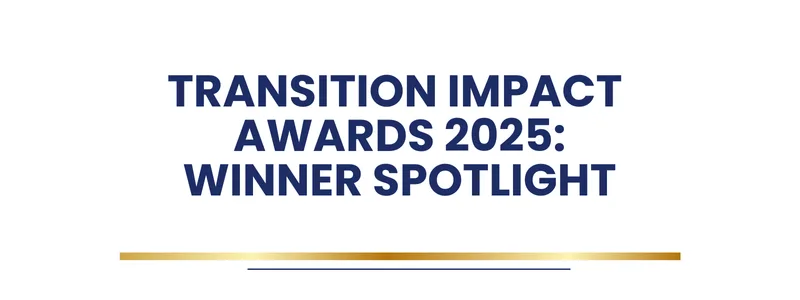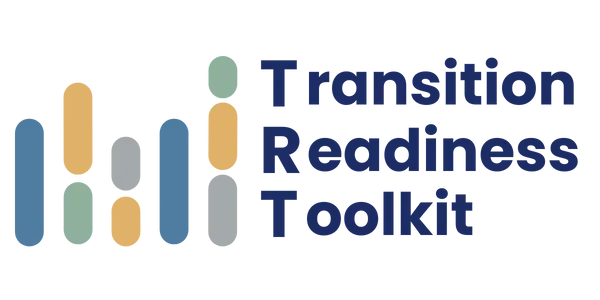Introducing the Transition Readiness Toolkit
The Transition Readiness Toolkit (TRT) is an innovative resource designed to revolutionize Pre-Employment Transition Services (Pre-ETS) for youth with disabilities. Built to support both service providers and administrators, the TRT combines a comprehensive suite of evaluation tools with powerful, data-driven insights in a user-friendly platform.
By measuring student growth and change, it provides clear and actionable information for customizing services, adapting curriculums, and improving outcomes. Far more than a data entry requirement, the TRT illuminates a path toward informed decision-making, highlighting strengths and areas for growth with precision while equipping administrators with essential tools to guide and monitor services effectively, ultimately paving the way for successful transitions.
Recent Articles
Provider Spotlight: Preferred Employment & Living Supports

Transition Impact Awards: Most Transformative Provider Service Category: Workplace Soft Skils At AVI Human Services, we’re proud to highlight providers who create meaningful change; not just through curriculum, but through connection. The Transition Impact Awards recognized Preferred Employment & Living Supports (PELS) for their exceptional work supporting students in developing workplace soft skills, building confidence, encouraging…
Provider Spotlight: St. Vrain Valley School District SWAP

Transition Impact Awards: Most Transformative Provider Service Category: Job exploration counseling, Work-based learning experience, Counseling on postsecondary opportunities, Instruction in self-advocacy, Job-seeking training, Communication and social skills, Workplace soft skills At AVI Human Services, we are proud to celebrate providers who bring transition services to life in authentic and empowering ways. The School to Work Alliance…
Provider Spotlight: Kiamichi Technology Centers

Transition Impact Awards: Most Transformative Provider Service Category: Job-Seeking Training At AVI Human Services, we’re proud to spotlight providers who are not only committed to supporting students with disabilities but who go above and beyond to tailor services to each young person’s needs, interests, and goals. One such partner is Kiamichi Technology Centers (KTC)—recognized as a…
What Providers are Saying:
Key Features of the TRT

“The TRT has helped us better plan and prepare when serving students by providing a guideline of topics and areas of focus. It allows us to add new information to our curriculum to better serve our students and allows us to know which resources would be of benefit to each specific student. All services can be specific to the students’ needs as they are taking the pre-assessments.”
-Utah Pre-ETS Operations Manager

Amplifying the Voices of Youth with Disabilities
At the core of the Transition Readiness Toolkit lies a commitment to amplify the voices of youth receiving Pre-Employment Transition Services. By measuring change resulting from Pre-ETS, the needs of the youth receiving services become the central driver of services.
The TRT was developed by and for students receiving Pre-ETS. Students from across the country provided essential guidance during the creation of the TRT so that it could provide an effective platform for evaluating the services received. By incorporating their feedback and perspectives into the evaluation tools and program evaluation processes, TRT ensures that their voices are not only heard but also integrated into the enhancement of services.
This approach fosters a more inclusive, responsive, and tailored support system. It allows for a deeper understanding of these individuals’ unique strengths and challenges, thereby shaping services to better align with their goals.
